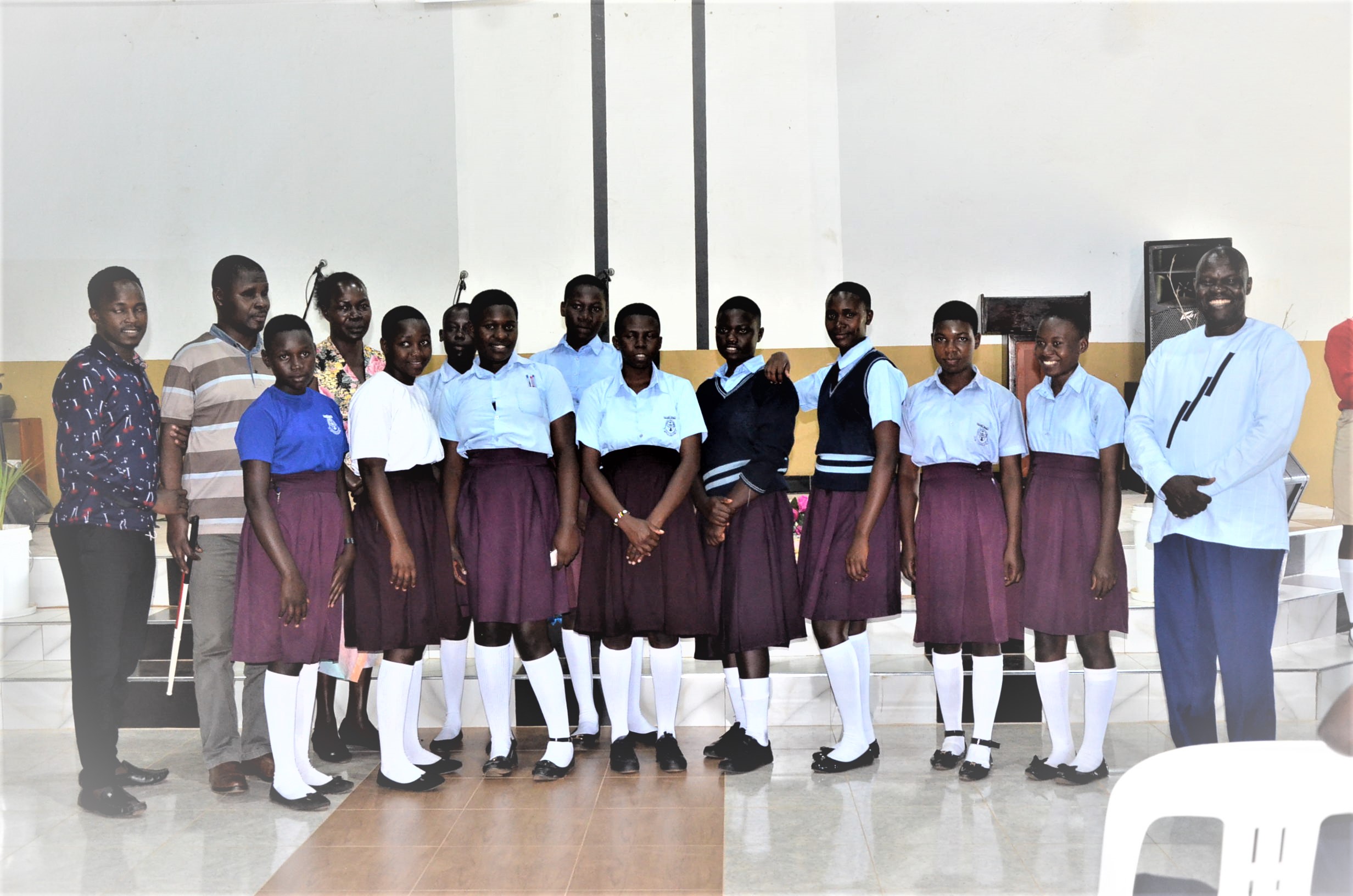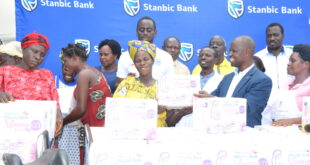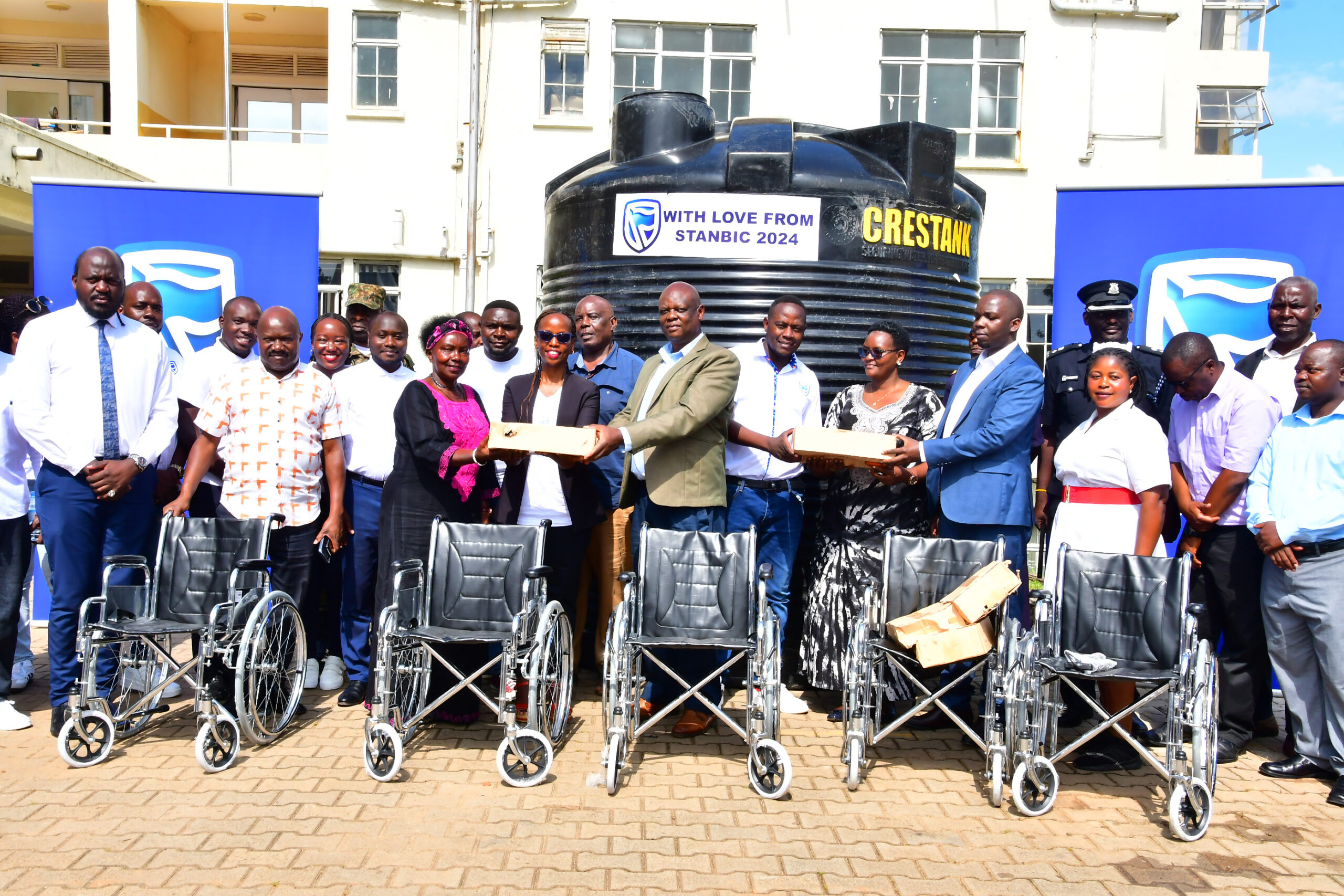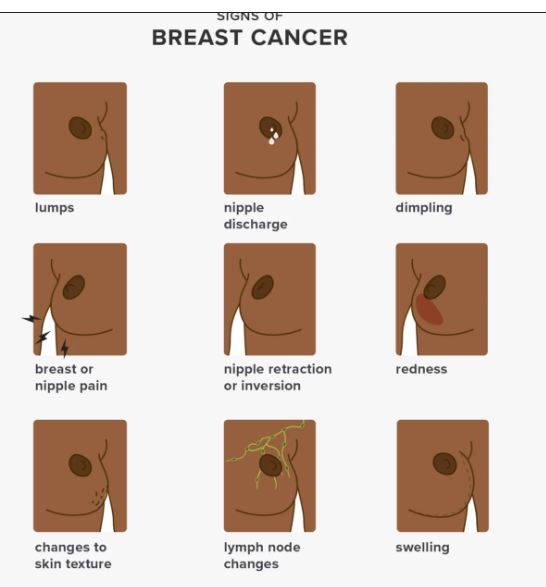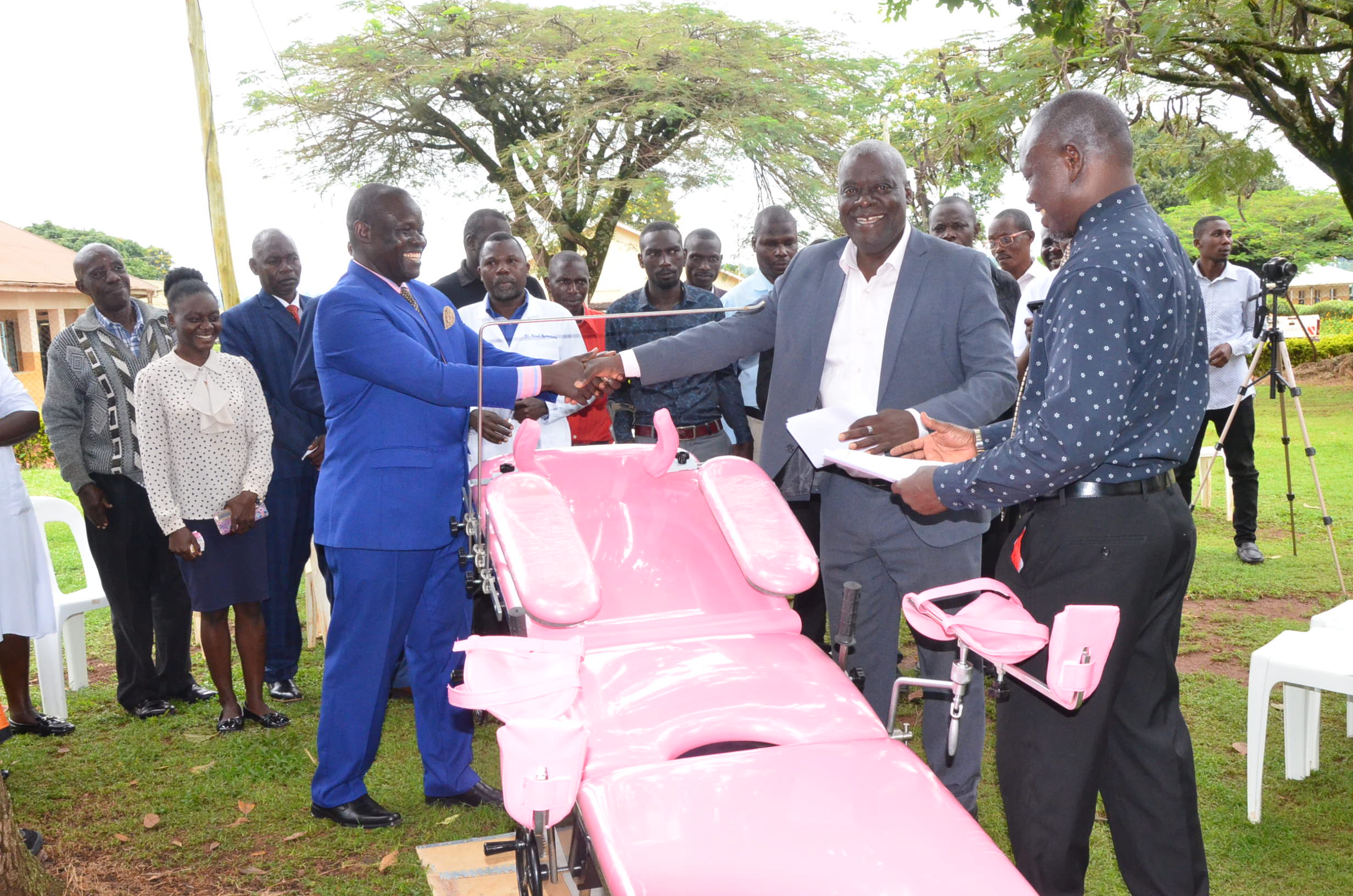Students from various secondary schools in Masindi municipality are urging the government to establish accessible sexual reproductive health services at local facilities, allowing them to enjoy their rights without fear.
Several students shared their experiences with The Albertine Journal highlighting the challenges they face in accessing these services due to stigma, an unfriendly environment, and a lack of information on where to seek help.
One student recounted a troubling experience at Masindi Hospital, stating, “I developed a skin rash and went to the hospital, but the treatment I received from a health worker was unacceptable. Some health workers are rude, asking questions that stigmatise us and making us wait for long periods. As young women, we face many challenges, yet we often fear speaking out.”
Another student, who wished to remain anonymous, emphasised the lack of awareness about sexual reproductive health rights.
“Even our parents don’t provide this information, which is crucial. We struggle to access our rights,” she said.
The students were speaking during a training session attended by over 30 students from three secondary schools at Kabarwana Pentecostal Church in Masindi Municipality on Thursday.
The event was organised by Finish Mission Uganda as part of the Safe Living Environment Project, in partnership with Kabarwana Pentecostal Church.
Participating schools included Masindi Secondary, Jordan Pride SS, and Christian High Secondary.
Annette Karamagi, the Masindi District Probation and Welfare Officer, noted that discussing sexual health is often viewed as taboo in the community.
“Access to sexual and reproductive health services, such as contraceptives and safe maternal care, is still limited, particularly for young women and girls. Social norms and stigma further hinder access to these services,” she said.
Karamagi pointed out that cultural and religious beliefs often prevent open discussions about sex and sexuality, resulting in a lack of education and awareness.
“Young people, especially girls and women, face stigma when accessing reproductive health services. In rural areas, access to these services is further limited by inadequate infrastructure and a shortage of health professionals. Schools and parents also fail to provide sufficient education on sexual and reproductive health, leaving young people uninformed.”
Florence Adoch, a midwife at Masindi Hospital, added that cultural barriers make it difficult for parents to talk about sexual health with their children.
“Parents fear discussing this topic, yet it is essential for children to understand. My message to adolescents is to seek help from health facilities whenever they face challenges. It’s important not to hide,” she said.
Jane Mary Nakyambade, a senior woman teacher at Masindi Secondary School, emphasises a need for parental involvement in sexual reproductive health education.
“Many parents leave all responsibilities to teachers, even as we manage large numbers of students. I don’t understand why they seem to lack time for their children,” she remarked.
Balton Ahumuza, a senior man teacher at Jordan Pride Secondary, expressed frustration that parents often shift the blame to teachers when issues arise.
“Parents need to be educated as well, as they may not know how to support their children,” he stated.
Clare Wamara Businge, the district Labour Officer, highlighted that a lack of knowledge about sexual reproductive health has contributed to rising rates of teenage pregnancy in the district.
“We need to intensify such training in schools to address the challenges young girls are facing,” she added.
Bishop Charles Bagonza, General Overseer of Pentecostal Churches in Uganda, underscored the impact of culture on children’s ability to speak out against violations.
“Many children are suffering in silence. Cultural norms, socio-economic factors, poverty, and ignorance create vulnerabilities for children, youth, and families. We aim to empower young people through these trainings so they can make informed decisions and also educate their peers,” he explained.
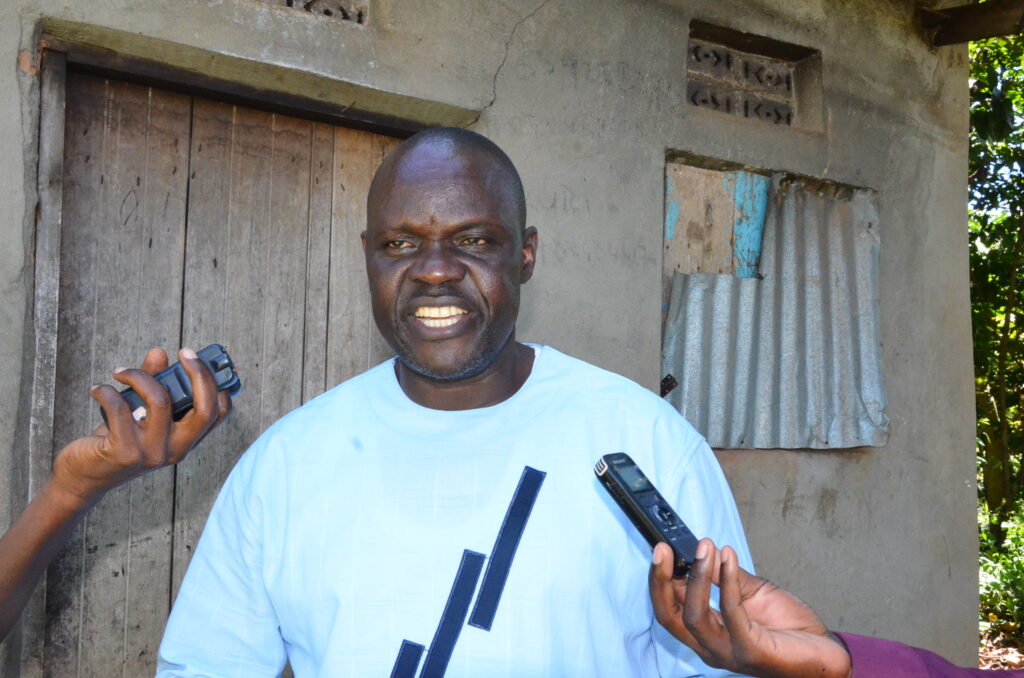
Bagonza also called for increased parental involvement. “Parents are often hesitant to fulfil their roles, fearing their children.
“Without role models, children struggle to find guidance. All stakeholders must step up and address these issues for the benefit of our younger generation.”
 The Albertine Journal We Go Deeper
The Albertine Journal We Go Deeper
